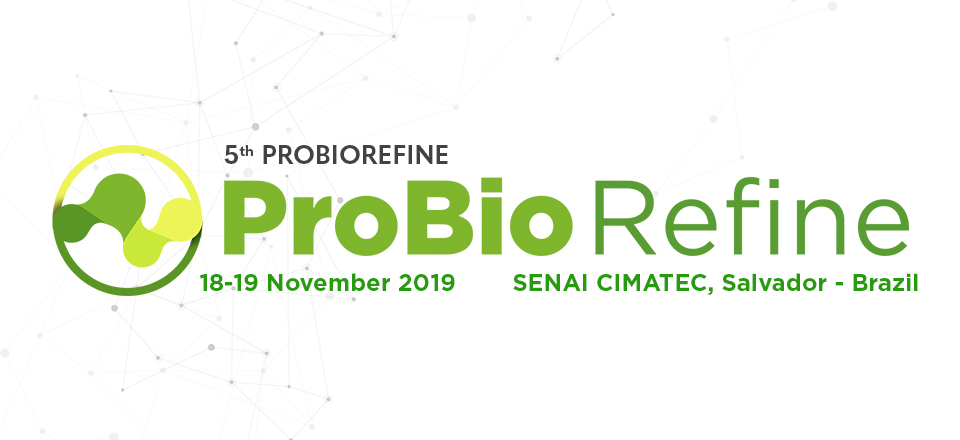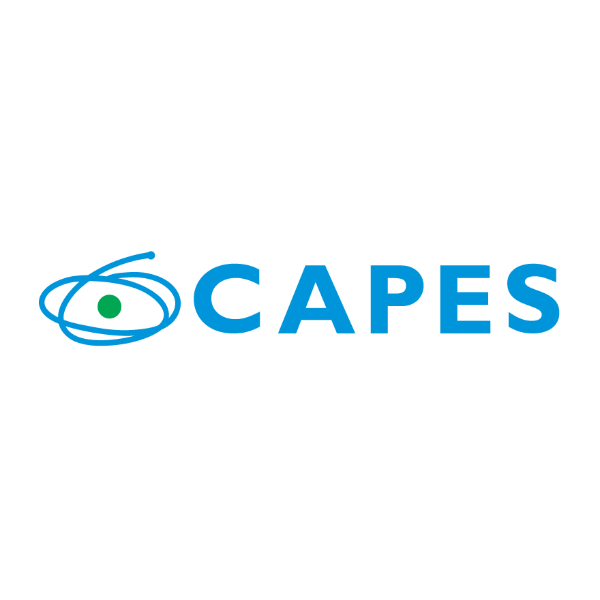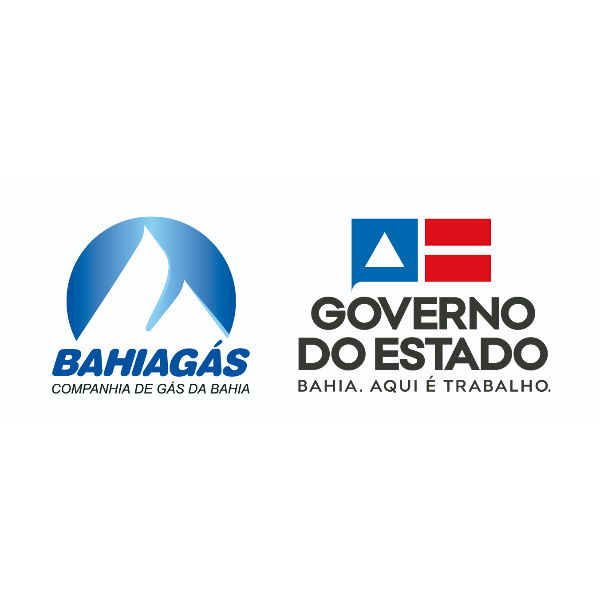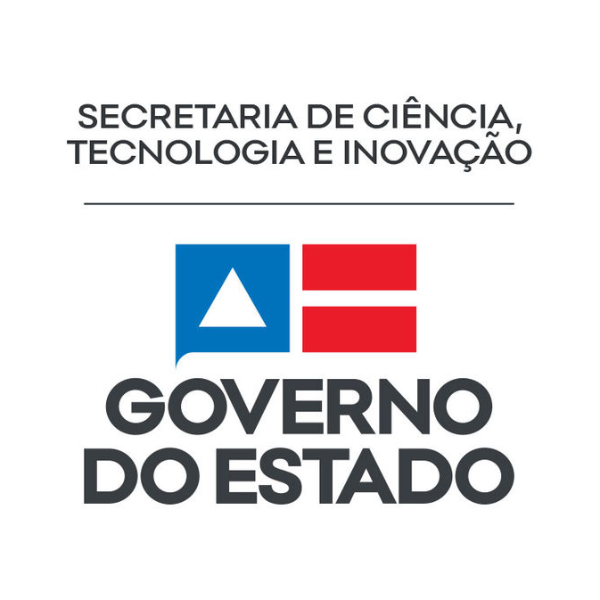Speakers
Meet our speakers
Seyed Soheil Mansouri
Technical University of Denmark (DTU)
Dr. Seyed Soheil Mansouri is an Assistant Professor in the Department of Chemical and Biochemical Engineering at the Technical University of Denmark (DTU) since February 2018 and affiliate faculty at Sino-Danish Center for Education and Research in Beijing, China. He received his PhD (2016) and MSc (2013) in chemical and biochemical engineering both from DTU. His current research is primarily focused on developing systematic methods and tools for synthesis, design, control/ optimization of chemical and bio-pharmaceutical processes with an aim to achieve more sustainable production and consumption. He is a senior member of American Institute of Chemical Engineers (AIChE) and representative of Denmark to Computer Aided Process Engineering (CAPE) Working Party of European Federation of Chemical Engineers (EFCE).
PhD, Alex Berg (Executive Director of the R&D Center “Unidad de Desarrollo Tecnológico”, University of Concepción, Chile)
University of Concepción - Chile
Dr. Berg realized postgraduate studies at the University of Hamburg, Germany. Afterwards he was in charge of the development of a new pulping and bleaching process with organic solvents, which was protected as Acetocell Process, and scaled up in South Germany.
Since 1994, he occupies the position of Executive Director of the “Unidad de Desarrollo Tecnológico” in the University of Concepción, an entity whose main goal is to strengthen the joint work between Industry and University through the development of new products and technologies. He has been in charge of numerous R&D projects in the areas of bioenergy and biomaterials.
He is author of numerous presentations in technical meetings, industrial patent applications and publications.
PhD, Goncalo Amarante Guimarães Pereira (Full Professor and Coordinator of the Genomics and Bioenergy Laboratory and the International Doctoral Program in Bioenergy, UNICAMP, Campinas.)
Universidade Estadual de Campinas - UNICAMP
Full Professor at UNICAMP and coordinator of the Genomics and Bioenergy Laboratory and the International Doctoral Program in Bioenergy. He is researcher 1A of CNPq, Member of the Academy of Sciences of the State of São Paulo, of CTNBIO, and of several high level commissions in the area of industrial biotechnology, acting in the technical support to public policies. He was one of the creators and founders of GranBio, the first 2G ethanol company in the southern hemisphere, and Director of CTBE. He graduated about 80 masters and doctors, published 150 international articles, with about 5500 citations, applied for 34 patents and published 9 book chapters. He was awarded several prizes and considered one of the 100 most influential personalities in the area of energy in 2017.
D.Sc, Eduardo Falabella Sousa-Aguiar (Federal University of Rio de Janeiro - School of Chemistry)
Professor at Federal University of Rio de Janeiro - School of Chemistry
Prof. Eduardo Falabella Sousa-Aguiar, Chemical Engineer, MSc, DSc, has 44 years of experience in the field of catalytic processes. He has worked in the UFRJ for 40 years, being now Full Professor of the School of Chemistry. He was also a Senior Advisor in Petrobras Research Centre (CENPES), where he has been the coordinator of many research projects and activities. He has also worked some time as a research fellow in the AKZO Research Centre in Amsterdam, in the University of Brunel, UK, in the Technical University of Vienna and in the Texas Ketjen Plant in Houston, USA. Prof. Falabella is a prolific writer and has authored over 300 scientific papers, two books and several patents. He has also advised over 40 MSc and PhD theses. He has been the Brazilian focal point of the international programme CYTED. In 2011, he has become a member of the Scientific Committee of ICS-UNIDO. Also, in 2010, he was elected a member of the Council of the prestigious International Zeolite Association, being the first South American to occupy such position. He has been awarded several times, deserving special attention the Plinio Cantanhede Award, in 1994 (the best scientific contribution to the Brazilian Oil Industry) and the Governador do Estado Award, in 1998 (the best international patent). In 2012, he was the recipient of the International James Oldshue Award of the American Institute of Chemical Engineers for his contribution to Chemical Engineering in Latin America. In 2014, he was given the international FISOCAT Award, as the most prominent scientist in Catalysis in Iberian America. He is frequently invited as a speaker in many congresses and seminars, having been plenary lecturer in international congresses in 21 countries.
PhD, Lourdes Magdalena Orejuela Escobar (Co-Director of the Engineering, Science and Simulation Research Group, GICAS)
IDEMA / Universidad San Francisco de Quito
She was born in Quito, Ecuador in 1960. She received her Master of Science degree in Chemical Engineering from the Polytechnic of Bucharest, in 1984; her Master of Science in Chemistry of Wood and Forest Products, at Virginia Polytechnic Institute and State University (Virginia Tech) in 1995 and her PhD degree in Science and Engineering of Macromolecules at Virginia Tech, in 2017. Her research focuses on promoting Circular Economy, Zero Waste Technology and Bioeconomy along with Biorefineries using residual biomass from forest and agro industry to recover valuable lignocelullosic biomass chemical components. Biorefinery includes two stages: a) Extraction of phytochemicals from residual biomass, and, b) Fractionation of the plant cell wall to generate three different streams: cellulose, hemicellulose and lignin rich fractions and their oligomers and/or degradation monomers. Cellulose/hemicelluloses rich fractions may be then converted into sugars and fermented to biofuels. Fields of applications such as advanced materials: nanocellulose, xylan/xylose and lignins and their incorporation in bioplastics and composites is a growing field of study in the scientific community. Most of phytochemicals have biological activity and therefore have a great potential to be included in pharmaceutical, cosmetics and health, functional foods, and nutraceutical products. Thus the recovery of high added-value chemiclas and biopolymers is her main interest. She is a member of Society Italo-Latinoamerican of Ethnobotany (SILAE) since 2006 and member of Nutraceutical Group (academic research group) since 2018.
PhD, Marcos Alberto Castelhano Bruno (Professor at Luigi Bocconi University / SDA Bocconi School of Management)
SDA Bocconi
Graduated in Chemical Engineering from the University of São Paulo (1973); Master in Chemical Engineering from the University of São Paulo (1979); PhD in Business Administration from the University of São Paulo (1995) and Université Lyon II (1995) and Post-Doctorate from the Università Luigi Bocconi. He is currently Professor at Luigi Bocconi University / SDA Bocconi School of Management; Professor at the FIA ??Faculty of Business Administration; International Visiting Professor, Department of Administration, Faculty of Economics, Administration and Accounting (FEA / USP), since February 2013; Visiting Professor, Department of Administration, Faculty of Economics, Administration and Accounting (FEA / USP), since December 2009; Associate Researcher at the Center for Policy and Technological Management at the University of São Paulo (PGT / USP), since June 1995; Associate Researcher, Department of Science and Technology Policy (DPCT / Unicamp) - Research and Innovation Organization Study Group (GEOPI), since 1995. Has experience in Administration, focusing on Science and Technology Administration, acting mainly on the following topics: management, competitive strategy, strategic technology alliances, enterprise and chemical industry. (Text provided by the author)
PhD, Carolina Maria Machado de Carvalho Andrade (Director of the SENAI Institute for Innovation in Biomass in Mato Grosso do Sul)
ISI Biomassa
Graduated in Biological Sciences from the Federal University of Minas Gerais (1987), Master in Biological Sciences (Microbiology) from UFMG (1991) and PhD in Sciences - Technische Universitaet Hamburg Harburg (1996), with an emphasis on biotechnology of extremophiles. She is currently director of the SENAI Institute for Innovation in Biomass in Mato Grosso do Sul. She has experience in the Environmental area and in the area of ??Industrial and Fermentation Microbiology, acting on the following subjects: extreme process conditions, production of biocatalysts, environmental contamination, transformation biomass and biomass residues.
D. Sc, Adler Gomes Moura (Biotech Process Leader at BRASKEM Renováveis)
BRASKEM Renováveis
Chemical Engineer from the State University of Campinas (1994), M.Sc. (1999) and Dr. Sc. in Chemical Engineering in ??Chemical Processes by the State University of Campinas in collaboration with CNRS (Lyon-FR, 2004). Specialization in Electrical Engineering-Power Systems from Unisociesc (Joinvile-SC, 2017). Adler is currently Biotech Process Leader. He has extensive experience in the area of Chemical Process Engineering, Industrial Operations, Projects and Technology. Adler have worked for companies such as DuPont, Dedini, Raízen (JV Shell / Cosan) and Copersucar, as well as BP. He has also participation in patents, articles in international magazines and conferences, and have taught courses, lectures and specialization level classes for FAAP / UDOP and ESALQ-USP / Pecege.
PhD, Gilmar Souza Santos (Agricultural and Environmental Economics Researcher at the Strategic Action Center (NAE) and Institutional Development Supervisor (NDI) at Embrapa Cassava and Fruit Industry in Cruz das Almas-BA)
EMBRAPA
Bachelor of Biological Sciences (UniCEUB), Economic Sciences (UCSal) and Informatics (FIAP). Specialist in Biotechnology and Bioprocesses (UEM) and MBA in Business Economics (Fipe-USP). Master in Computer Engineering from Mackenzie Presbyterian University (1999) and PhD in Production Engineering from Methodist University of Piracicaba (2010). He also obtained complementary training in Industrial Ecology (UnB), Life Cycle Assessment with the Simapro - GaBi - OpenLCA (ABCV / UnB / ACVBrasil / EnCiclo) and Socioecoefficiency (BASF / Unesp) tools. Has professional certifications in Portfolio and Project Management (Prince2, PMP, IPMA, Scrum), Organizational Change Management (HCMBOK, HCMP) and Total Quality (ASQ CQPA, CQIA, Lean Six Sigma Black Belt). He is currently an Agricultural and Environmental Economics Researcher at the Strategic Action Center (NAE) and Institutional Development Supervisor (NDI) at Embrapa Cassava and Fruit Industry in Cruz das Almas-BA. From 2011 to 2017, he was a Researcher at Embrapa Agroenergia in Brasilia-DF, working with Strategic Management in Bioenergy and research in Energy Economy, Life Cycle Assessment (LCA) and Industrial Ecology. Member of ACV Network, ODS Network and Embrapa Bioeconomics Group. He was Senior Executive of Capgemini Brazil (French IT multinational) in São Paulo and Economist of the financial market. From 1992 to 2007 he worked as a consultant in Software Engineering and Portfolio and Project Management (PPM) at Braskem, Vale, OAS, Chesf, Ultratec, Telesc, Vega Ambiental, Varig, Gol and Bradesco. Research lines: Agricultural Economics, Circular Bioeconomics, Industrial Ecology, Family Farming, Software Engineering, Digital Agriculture, Territorial Intelligence, Bioenergy, Environmental Biology, Business Strategy and Portfolio and Project Management (PPM). (Text provided by the author)
M.Sc, João Bruno Valentim Bastos (Coordinator for the Process Engineering Platform at SENAI Innovation Institute for Biosynthetic (SENAI CETIQT)
SENAI CETIQT
Mr. Bastos is a Chemical engineer graduated from the Federal University of Alagoas (Brazil, 2009) where he worked for 4 years as a fellow in a research project for the development of titanium dioxide solar cells. In 2011 he completed his master’s degree in Chemical and Biochemical Processes’ Technology from the Federal University of Rio de Janeiro (UFRJ, Brazil) where in his dissertation he evaluated different scenarios for energy cogeneration for a chemical plant (BRASKEM). He took part at BRASKEM’s trainee program in 2011 as a process engineer at the chlorine and soda plant (Alagoas, Brazil). In 2012 he was transferred to BRASKEM’S polyethylene plant in Duque de Caxias (Brazil), also acting as a process engineer until August 2015. In 2014 he concluded a post-graduation course in Petrochemical Processing offered by BRASKEM in partnership with PETROBRAS University. Mr. Bastos is currently the coordinator for the Process Engineering Platform at SENAI Innovation Institute for Biosynthetic (SENAI CETIQT) and a PhD Candidate from UFRJ.
Report sent successfully!
Report this event
Please describe below the reason for your complaint.












